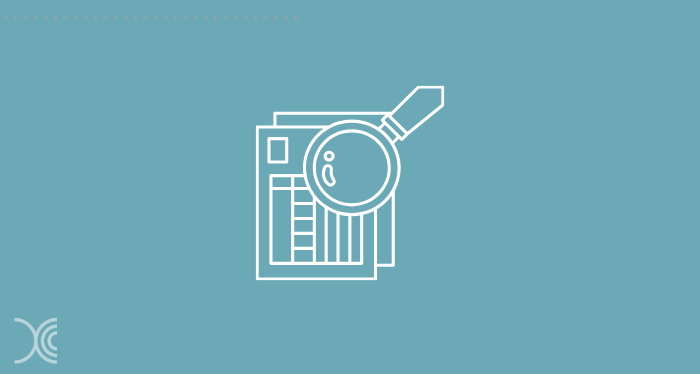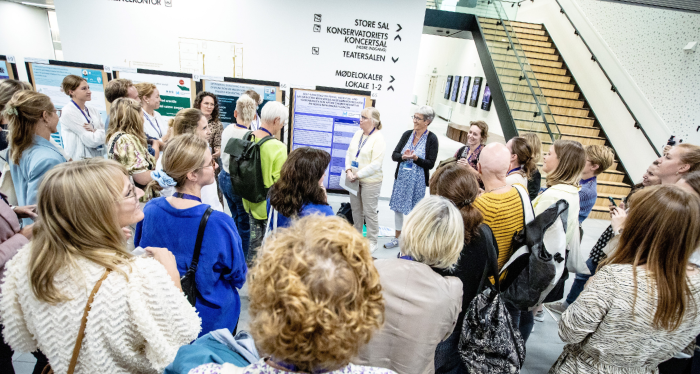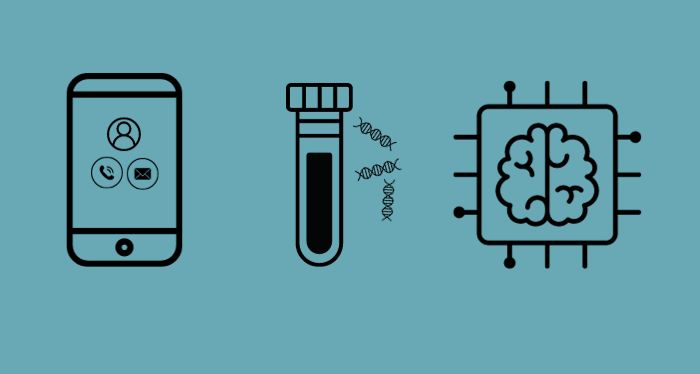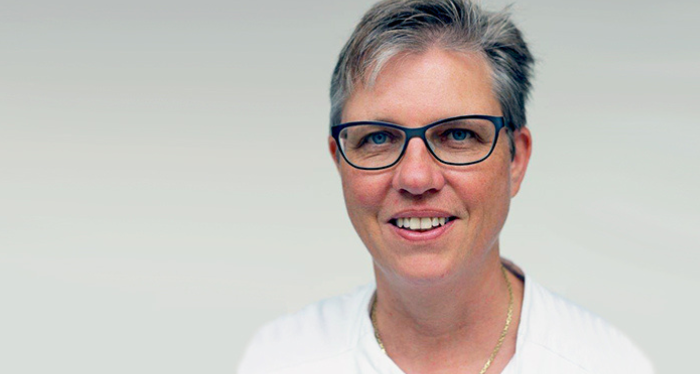Please find below selected internationally relevant news about initiatives and events from Danish Comprehensive Cancer Center (DCCC).
News from DCCC
Previous news
-
18-08-2022
-
04-02-2019
-
21-09-2018
-
07-02-2018





